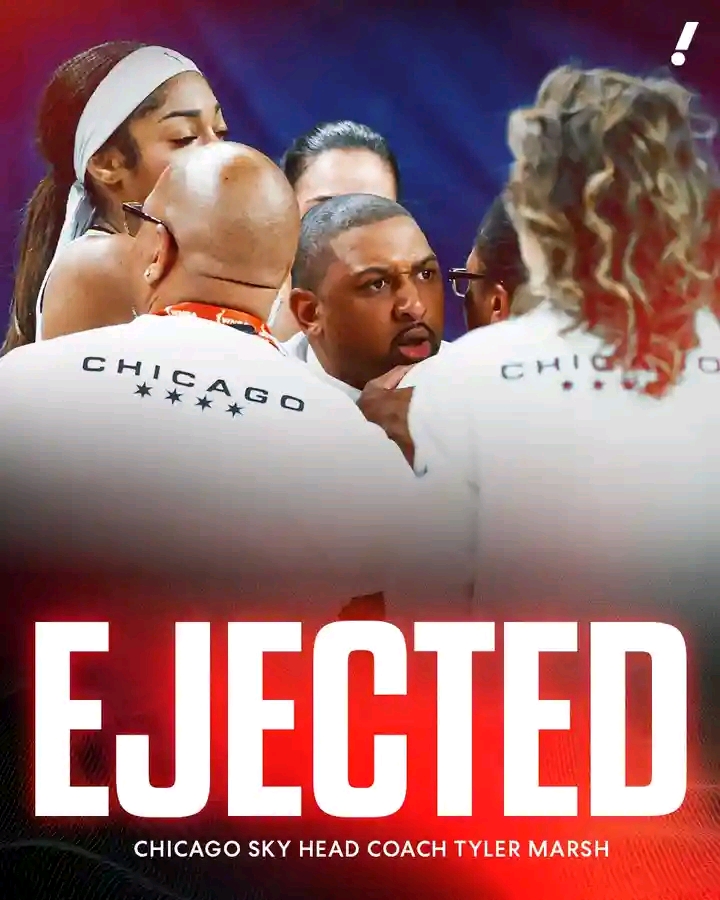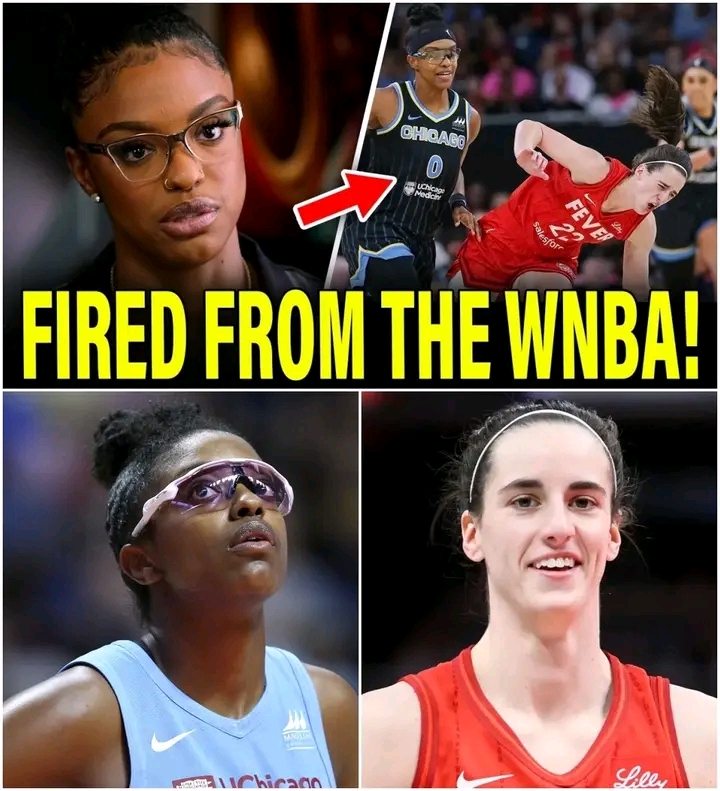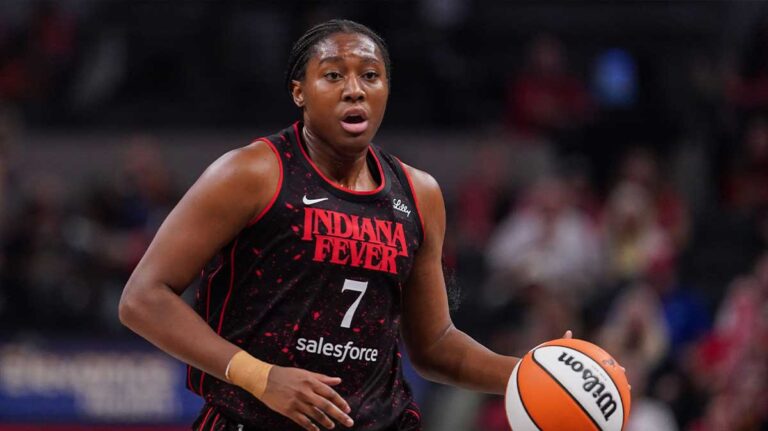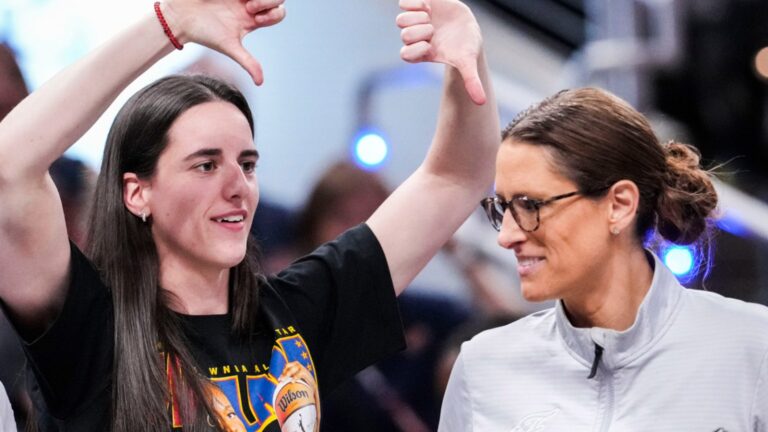
As the Chicago Sky prepared to tip off their 2025 WNBA season against the Indiana Fever on May 17, a controversy unrelated to basketball ignited a firestorm of debate. Several Sky players reportedly left the court during the national anthem before their season opener at Gainbridge Fieldhouse in Indianapolis, prompting polarized reactions from fans, media, and commentators. The incident, which unfolded hours before a highly anticipated matchup featuring stars Angel Reese and Caitlin Clark, has thrust the WNBA into a broader conversation about patriotism, player expression, and the role of sports in political discourse.
The Sky’s decision to exit during the anthem was not a unified team action but involved a subset of players, though specific names were not disclosed in initial reports. This move, whether intentional or coincidental, was perceived by some as a protest, echoing similar demonstrations in professional sports over issues like racial injustice and systemic inequality. Supporters of the players argue that such actions are protected expressions of free speech, reflecting personal convictions about social issues. Critics, however, labeled the exit “disrespectful” and “unpatriotic,” arguing that the anthem is a moment to honor national unity and those who serve the country. Social media platforms, particularly X, erupted with hashtags like #SkyAnthem and #WNBADisrespect, amplifying the divide.
The timing of the incident added fuel to the controversy. The Sky-Fever game, pitting Reese against Clark, was poised to shatter WNBA viewership records, with their college rivalry already drawing massive attention. The Athletic noted that the matchup was expected to “set WNBA TV records,” given the star power and narrative surrounding the two sophomores. Yet, the anthem exit threatened to overshadow the on-court action, with some fans expressing frustration that the focus shifted from basketball to politics. “I just want to watch hoops, not debate the flag,” one X user posted, capturing a sentiment shared by those weary of sports as a cultural battleground.[
This is not the first time the WNBA has grappled with such issues. The league has a history of player activism, from kneeling during the anthem to wearing shirts supporting Black Lives Matter. In 2020, teams collectively used their platform to advocate for social justice, a move that earned both praise and backlash. The Sky’s anthem exit, however, caught attention due to its spontaneity and lack of clear messaging. Without a public statement from the players or team, speculation filled the void, with some assuming the exit protested ongoing issues like police brutality, while others saw it as a rejection of American values.
The Sky’s roster, bolstered by veterans like Courtney Vandersloot and newcomers like Ariel Atkins, is under new leadership with coach Tyler Marsh, who replaced Teresa Weatherspoon after a playoff-less 2024. Marsh, a two-time WNBA champion as an assistant with the Las Vegas Aces, has emphasized team cohesion and versatility, particularly with Reese and Kamilla Cardoso anchoring the frontcourt. Yet, the anthem controversy risks fracturing the team’s public image before the season begins. The Chicago Bulls, the Sky’s NBA counterpart, issued a supportive statement hours before tipoff, calling the Sky “family” and wishing them success. This gesture, however, did little to quell the debate.
Critics argue the WNBA’s growing popularity, driven by stars like Reese and Clark, comes with heightened scrutiny. “The NBA guys face whole TV shows dedicated to critiquing them, and they deal with it,” Vandersloot said in a recent interview, suggesting WNBA players must also navigate public criticism. Supporters counter that athletes should not be forced to conform to traditional displays of patriotism, especially in a league where many players are women of color who’ve faced systemic challenges. The debate mirrors broader societal tensions, with sports serving as a microcosm for issues of identity and expression.
As the Sky fell to the Fever in a dominant performance led by Clark’s third career triple-double, the anthem incident lingered. The WNBA has yet to issue an official statement, and the Sky’s post-game comments focused on basketball, with Reese noting her 10-point, 15-rebound effort. Moving forward, the team faces a delicate balance: maintaining their competitive edge while navigating the fallout of an action that, intentional or not, has sparked a national conversation. Whether this incident galvanizes the Sky or becomes a distraction remains to be seen, but it underscores the complex intersection of sports, politics, and personal belief in 2025’s WNBA landscape.






